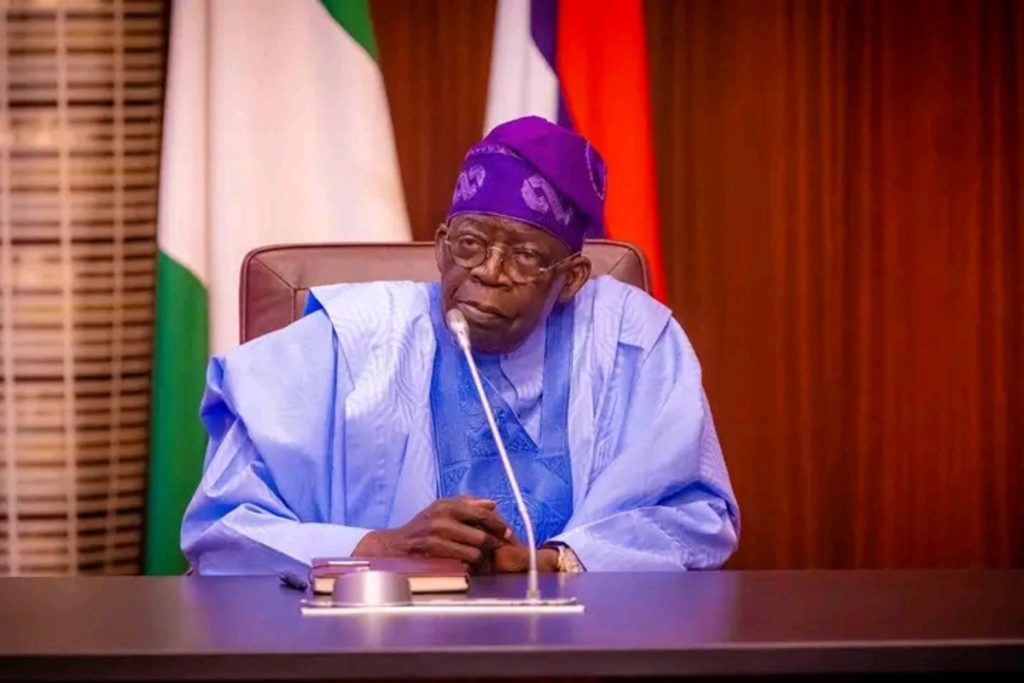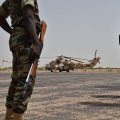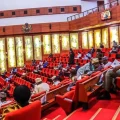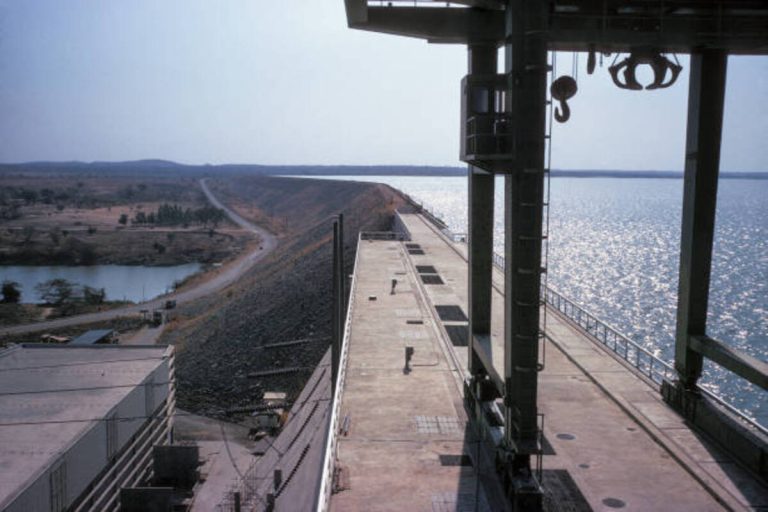
President Bola Tinubu addresses the Federal Executive Council in Abuja on the anti-terror campaign and reform agenda.
Abuja, Nov. 6 (Epicstorian News) — President Bola Ahmed Tinubu pledged deeper global cooperation as he explained a tougher anti-terror campaign.
Anti-terror campaign under renewed global cooperation
Tinubu emphasised that eliminating terrorism remains a priority for his administration.
He linked the anti-terror campaign to enhanced global cooperation with international partners.
He said the government is engaging world-wide actors to bolster security and stability.
“We are engaging the world diplomatically, and we assure all Nigerians that we will defeat terrorism,” he said. 1
The president noted that despite political headwinds, partner confidence remains high.
He referenced a recent oversubscribed Eurobond issuance as a sign of global trust.
Economic reforms drive investor confidence alongside security efforts
The Minister of Finance reported progress across multiple sectors of the economy.
He said the industrial sector nearly doubled its growth rate in the latest quarter.
He added that inflation declined and foreign reserves strengthened, reflecting reform momentum.
The finance ministry linked the anti-terror campaign and economic reforms as interlocking priorities.
Investment in infrastructure, mining, health and agriculture was said to be advancing.
The minister urged state governments and ministries to package investment-ready projects.
Linking the anti-terror campaign to the Renewed Hope Agenda
Tinubu framed the anti-terror campaign as an integral part of the Renewed Hope Agenda.
He called for unity and purpose as Nigeria pursues inclusive growth and resilience.
The council stressed that security operations must be paired with socioeconomic interventions.
Ministers were told to integrate development planning into regions affected by terrorism.
Fiscal strategy, Eurobond issuance and global finance
The finance minister said the government plans to remove investment bottlenecks and review tariffs.
He said improvements in fiscal reporting and asset management are underway.
The recent Eurobond issuance was presented as evidence of improved global investor sentiment.
The government said the funds will support infrastructure and external buffers in support of stability.
International growth projections and improved credit ratings were referenced as positive signals.
Mobilising capital and packaging projects tied to security goals
The minister called on agencies to identify bankable projects in sectors such as the blue economy.
State governments were asked to work with the federal government to co-develop large-scale investments.
These projects are expected to underpin both economic reform and security stabilisation.
Private capital participation was highlighted as vital to achieving the stated $1 trillion economy target by 2030.
Operational focus of the anti-terror campaign
The president urged that intelligence-led operations and community engagement feature strongly in the anti-terror campaign.
The government signalled plans to deepen cooperation with foreign security partners.
The security services were directed to adopt both kinetic and non-kinetic measures.
The council emphasised human rights safeguards and the need for sustained logistical support.
Financing for security operations was confirmed as part of next year’s budget cycle.
International engagement and partnership expansion
The president announced the administration will seek bilateral and multilateral collaboration on security and development.
The government said it will engage financial institutions and private-sector partners for stability and investment.
A joint statement with international partners on counter-terror and intelligence sharing was referenced. 2
The administration described the move as strengthening Nigeria’s role globally and regionally.
Socio-economic interventions and stability linkage to the anti-terror campaign
The finance minister said household spending on basic needs has declined, signalling improved productivity.
The administration indicated that job creation and renewed industry growth are crucial to long-term security.
Social investment programmes in vulnerable regions were described as part of the anti-terror campaign strategy.
The president stressed inclusive growth and measures to lift millions out of poverty underpin the stability goal.
Governance, coordination and the institutional dimension
The council discussed enhanced oversight mechanisms for assets, expenditure and project tracking.
The government proposed legislative support for public-private partnerships and investor protections.
The president called for timely progress reports and improved transparency across ministries and states.
Coordination between security, finance and infrastructure agencies was emphasised to ensure coherent implementation.
Political context, public sentiment and the anti-terror campaign
The president acknowledged that political and security pressures remain significant at this stage of reform.
He reiterated the need for nationwide unity and public understanding of the reform and security agenda.
The government said it will engage citizens and state actors to build consensus around the anti-terror campaign.
Public concern about cost-of-living issues was acknowledged alongside assurance of reform benefits.
The president pledged improved communication on security and investment-linked policy to citizens.
Outlook and next steps in the anti-terror campaign and reform drive
The government outlined plans to publish a roadmap tying security operations to infrastructure and job-creation projects.
The finance ministry indicated further strategy updates will be released on debt, fiscal controls and investment mobilisation.
The president reiterated a commitment to deepen global cooperation, economic reform and security stabilisation.
Related: Nigeria Secures $20 Million from Togo, Niger, Benin Electricity Debt in Six Months
Agencies were asked to develop measurable timelines for priority project delivery and security milestones.
The administration described the outcome of the anti-terror campaign as key to restoring national confidence and growth.





